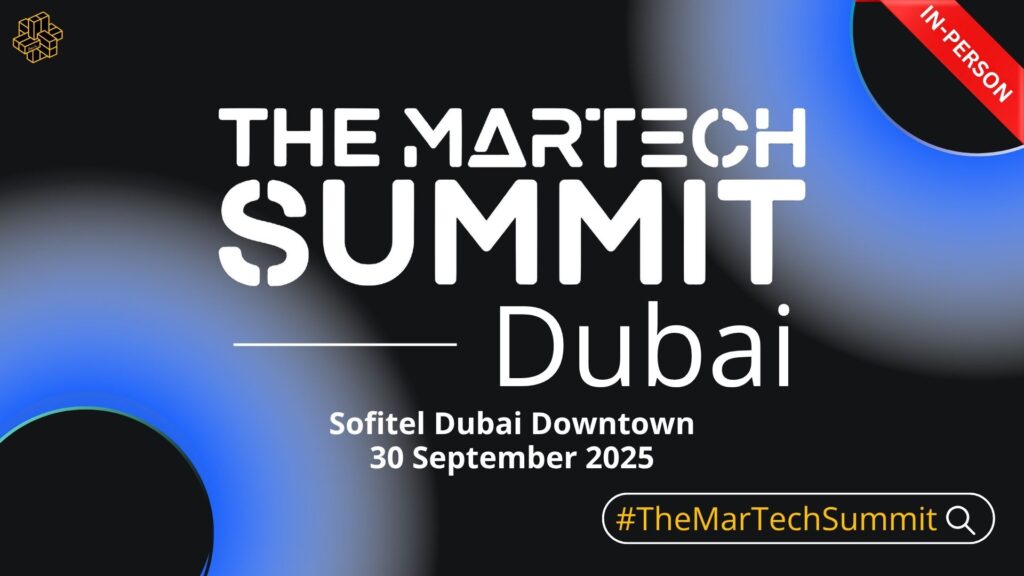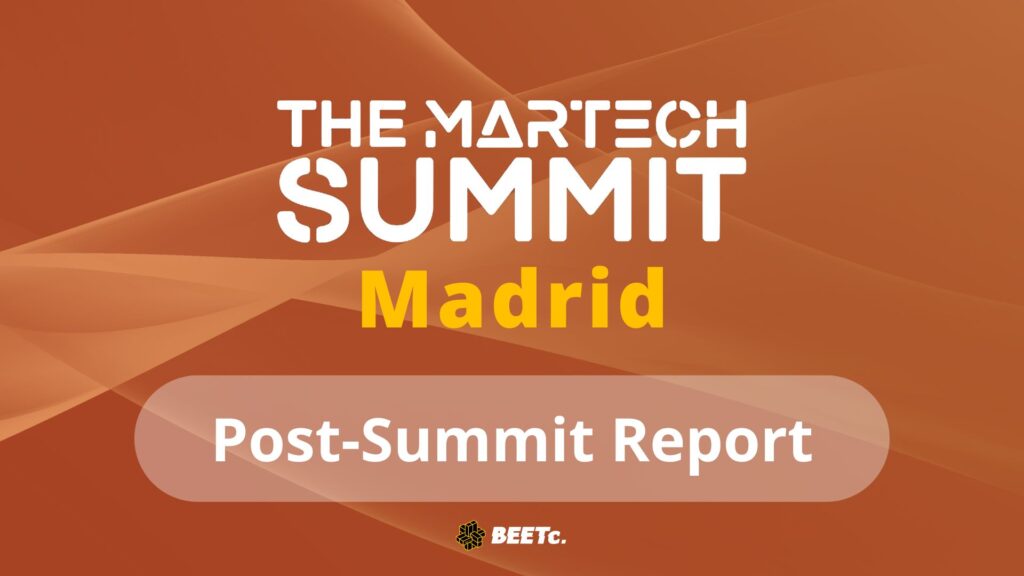How has your organisation / team dealt with the challenge of the marketing industry and wider digital world evolving at such a fast pace?
The key challenge for the marketing industry is how best to use all the data that’s collected in real time to drive value for business. One-way value can be delivered is through either an increase in revenue or a reduction in customer acquisition/marketing costs. To stay competitive, organisations need to push the boundaries of tech to spur new ways of improving the customer experience, driving operational excellence and developing effective marketing campaigns.
Carro has reimagined the buying and selling of cars through data, innovation and technology. Being a tech company, we utilise data to shape the future of car ownership. This allowed us to launch Singapore’s first car subscription service along with a first ever usage-based insurance to meet the needs of today’s car owners.
Currently, what are you primarily looking for in your digital marketing efforts? Awareness or engagement? Why?
In today’s digital age, just generating awareness does not suffice.
We have to move away from looking at digital marketing as a step-by-step funnel where awareness comes first followed by engagement and product selling. That’s old school Marketing.
Today’s digitally savvy customers turn to their smartphones to learn about brands. They can easily find information about products, services, reviews from the community as well as the media within seconds – anytime, anywhere.
Building relationships with our customers is a key priority at Carro. In the high involvement, automotive industry, supporting digital communities by curating quality content around automobiles such as car financing, maintenance, car reviews helps us deepen our engagement with customers. Carro invests heavily in the creation and sharing of quality content through our Carro blog and YouTube channel that aims to bring the online conversation into the offline environment, where real transactions take place. All our content is developed by an in-house team.
What is your key takeaway piece of advice that you would give when speaking to others on how to evaluate and select a MarTech stack?
When it comes to evaluating a MarTech stack, marketers must be clear of what part of the value chain drives their business. They should then question if the MarTech stack will help slice it at a micro level and measure every step that leads to a transaction. For example, if your brand’s edge is not about lowest price but about superior customer experience, the key measurements would be: time taken to respond to customers; how quickly was the inquiry closed; referrals collected as a result of the service; percentage of the customer’s share of wallet, customer’s lifetime value and more.
So marketers need to be clear on which part of the value chain is their edge, define clear objectives and then divide the task into many small steps which can be measured at a granular level.
The key is to understand what is valuable and measure only what is truly driving the business.
For you and your team, which is currently recognised as the larger challenge – MarTech integration or MarTech strategy?
At Carro, we manage our own tech integration therefore our main challenge would be our MarTech strategy. While MarTech costs are going up, MarTech companies may not always provide the results marketers seek.
I have often seen marketing budgets go to waste while measuring vanity metrics that produce fancy charts but nothing is translated into tangible, actionable strategies. MarTech should either help save costs or increase revenue. But often the cost of MarTech service is higher than the value it delivers.
What do you predict as being the top MarTech trends for MarTech in 2020?
In 2020, expect to see MarTech budgets going up, more marketing being done in-house and companies focused on using data to measure digital success in real time. As the entire world continues to undergo digital disruption, so will the marketing industry.
I think 2020 will be the year for Artificial Intelligence (AI) where companies leverage AI to drive marketing operations, from super-smart chatbots to voice-based search.
I am also excited to see more organisations driving conversational marketing, where brands engage with their customers in real-time, creating a truly seamless customer experience.
Businesses need to remain adaptable in their approach and flexible in their marketing budgets to evolve with digital marketing trends and market changes.
2020 looks thrilling for marketers and I am looking forward to the new experiences and challenges ahead.













